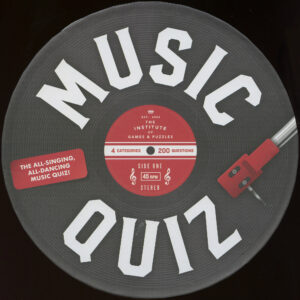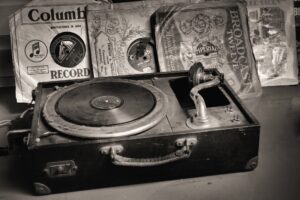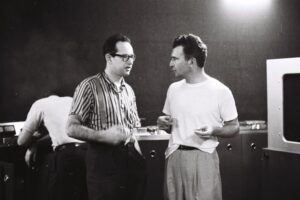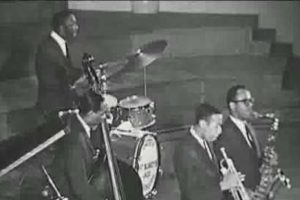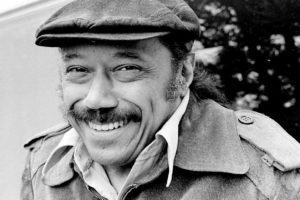The saga of Charlie Parker is well known and told in many places, including Wikipedia and Ken Burns’ Jazz documentary. Genius, drugs, alcohol and early death.
Bebop is a lot like advanced physics: It is hard for lay people to even understand what practitioners are trying to do. It’s demanding and not to everyone’s taste because it doesn’t use melody in the way that most of us do. This page comes reasonably close to explaining by presenting quotes by and about Parker. In this example, note Parker’s transition from the technical to the emotional:
l’d been getting bored with the stereotyped changes that were being used all the time at the time, and I kept thinking there’s bound to be something else. I could hear it sometimes but I couldn’t play it. … I found that by using the higher intervals of a chord as a melody line and backing them with appropriately related changes I could play the thing I’d been hearing. I came alive.
The middle of the twentieth century was a confusing and depressing time. The chaos and dislocation of a world that had experienced nothing but death and dying for 50 years (the flu pandemic of 1918 to 1920 that killed 50 to 120 million people is sometimes forgotten) is reflected in the art that was produced, including bebop. That is not to say that bebop is inherently depressing or depressed. It means that it reflected a world in which pretty melodies existed, but weren’t the whole ballgame.
Here are “Hot House” (with Dizzy Gillepsie), “Celebrity” and “52nd Street Theme” (with great old photos of New York City) Below is the incredible “Yardbird Suite.”

